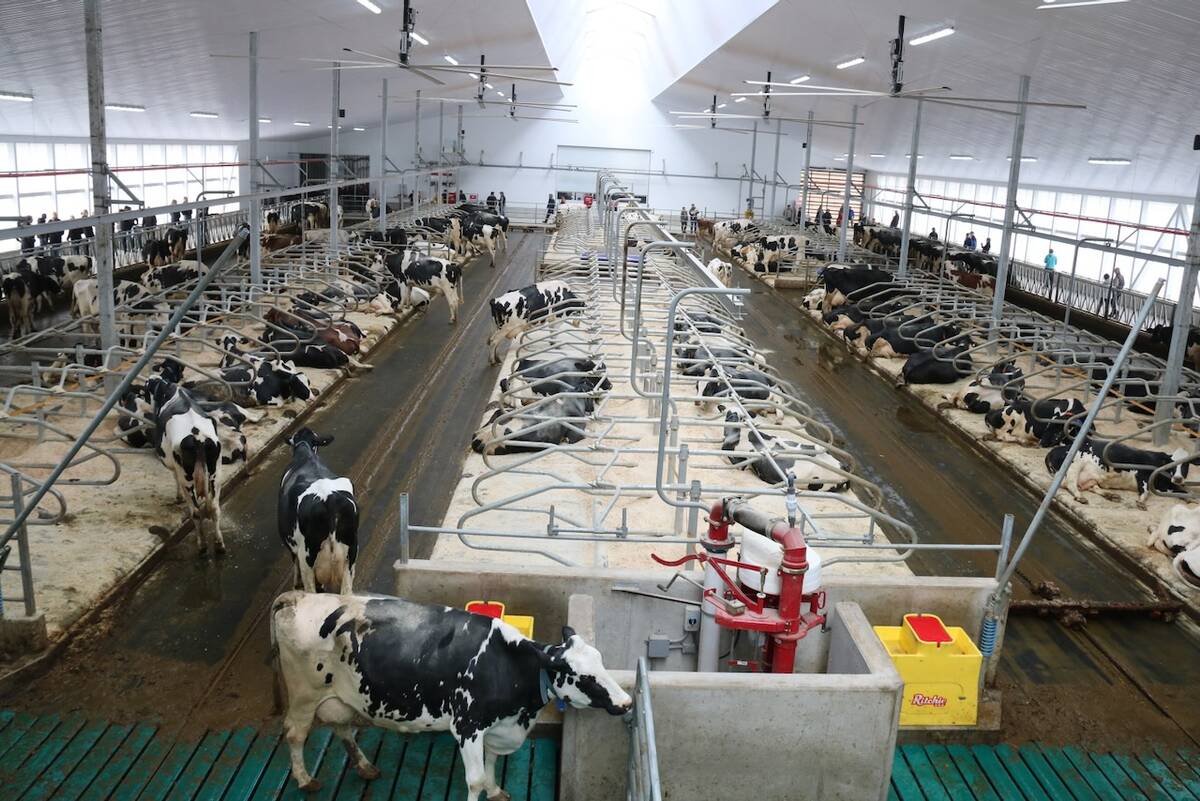A parliamentary report on fixing the controversial Temporary Foreign Worker Program is a step in the right direction, according to agri-food sector industry groups.
They say the recommendations will help the sector deal with chronic labour shortages that hampers competitiveness.
Following the release of the report by the Commons human resources committee, the government said it would respond to its recommendations by late January. The groups plan to keep the pressure on Ottawa to deal with the problems in agri-food.
Ron Bonnett, president of the Canadian Federation of Agriculture, said the report’s recommendations reflect a balanced approach that would ensure strong worker protections and lead to positive program changes for producers.
Read Also

Canadian farm milk price changes to reflect growing protein demand
Protein demand is growing, so the provincial boards that set how Canadian dairy farmers are paid are changing how much protein is emphasized in milk pricing.
“Improvements to this program are urgently needed as farmers face critical labour shortages in their businesses,” Bonnett said.
CFA wants action on the report as quickly as possible to prevent undue disruptions for affected businesses, he said.
“Further delays will exacerbate challenges stemming from the severe shortage of farm workers in Canada.”
One aspect of the TFWP that needs addressing is better pathways to permanent residency. CFA says the current program currently precludes most farm workers from achieving permanent residency.
“Many workers from abroad have become valued members of communities across Canada, and they have developed critical skills that position them for long and fulfilling careers in agriculture,” Bonnett said. “These workers are vital to our industry and we’re eager to work with the government to ensure that they can work in Canada permanently.”
Another key issue for CFA is ending the time limits in the program, which limit temporary foreign workers to 48 months in Canada before being barred from re-entry for 48 subsequent months.
“This is a key concern for farm groups, and CFA stresses the urgency of this issue,” Bonnett said. “The regulation has forced a number of workers to leave Canada — and the communities they have become a part of — while in some instances preventing farm businesses from transitioning these valued workers into permanent employees.”
CFA supports the report’s call for improved labour market information, aligned education and training resources, and harmonized immigration programs. At the same time, it supports the proposal for rigorous enforcement of the program’s rules.
Meanwhile the Agriculture and Agri-Food Labour Task Force said the report offered prudent middle-ground approach to fix the TFWP. Many of its agri-food-related recommendations will help farmers and processors.
Among them are better tracking of the labour market needs in Canada and that business be able to hire 20 per cent of its workforce through the program.
“Despite non-stop recruitment efforts across Canada, availability of full-time permanent agricultural and processing labour has become a serious issue threatening the viability of food production in Canada,” the task force said.
“Canadian packing plants are deferring high-value export orders to their out-of-country affiliates because we do not have the labour to process the product. This reduction in competitiveness not only affects cattle producers’ bottom line, but also reduces wealth creation in Canada.”
The Canadian Cattlemen’s Association called the TFWP a critical tool for the beef industry because it helps augment the Canadian workforce on farms and meat-processing facilities.
Research by the Canadian Agricultural Human Resource Council has shown that primary agriculture has seen the labour gap double in the last 10 years, to approximately 60,000, and by 2025 it is expected to reach 114,000. Meat and seafood processors are also encountering critical shortages.
The report pointed out that “The labour gap that exists in the agriculture and agri-food industry, despite significant recruitment and retention efforts… is due to the rural locations where the industry operates as well as to the seasonal, physical and strenuous nature of the work that is required.”
The TFWP should achieve “better overall economic and social benefit for Canadians and program participants, the report said. It needs to be better attuned to the “realities of labour market needs in Canada.”















